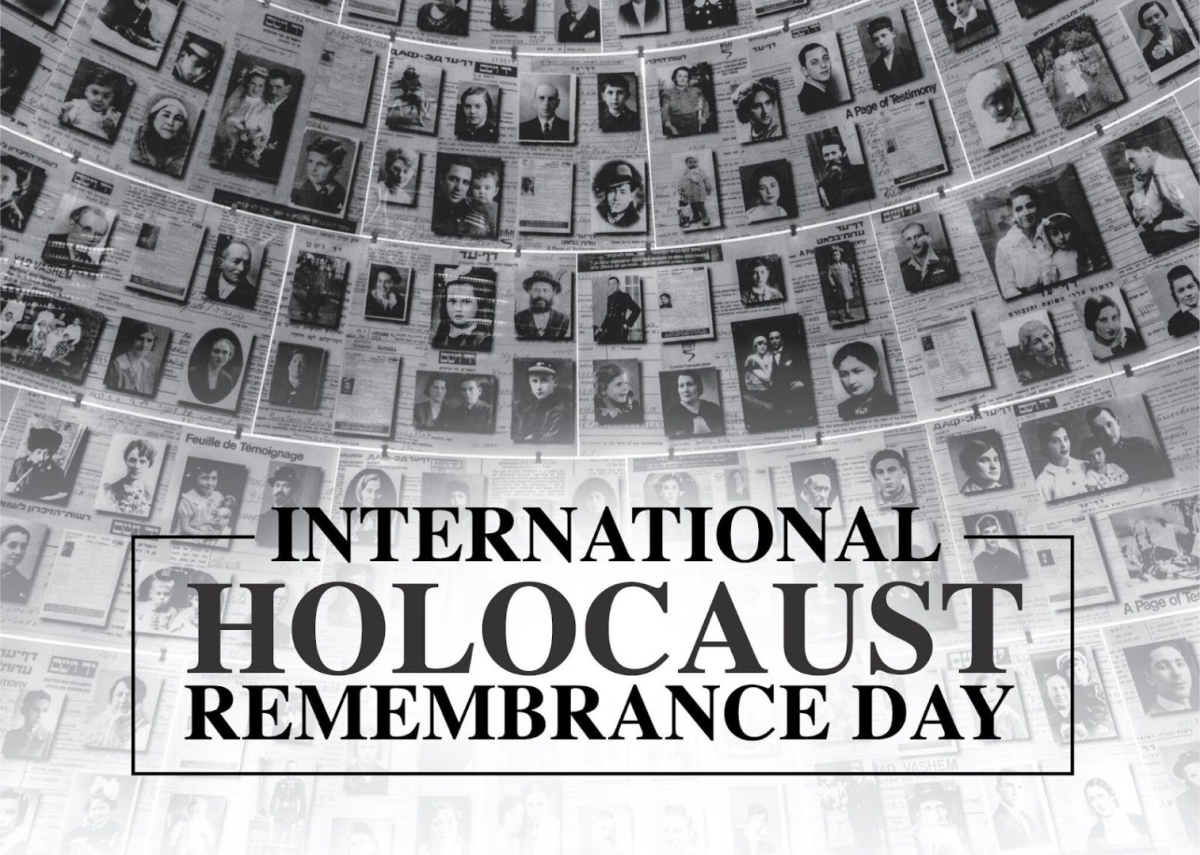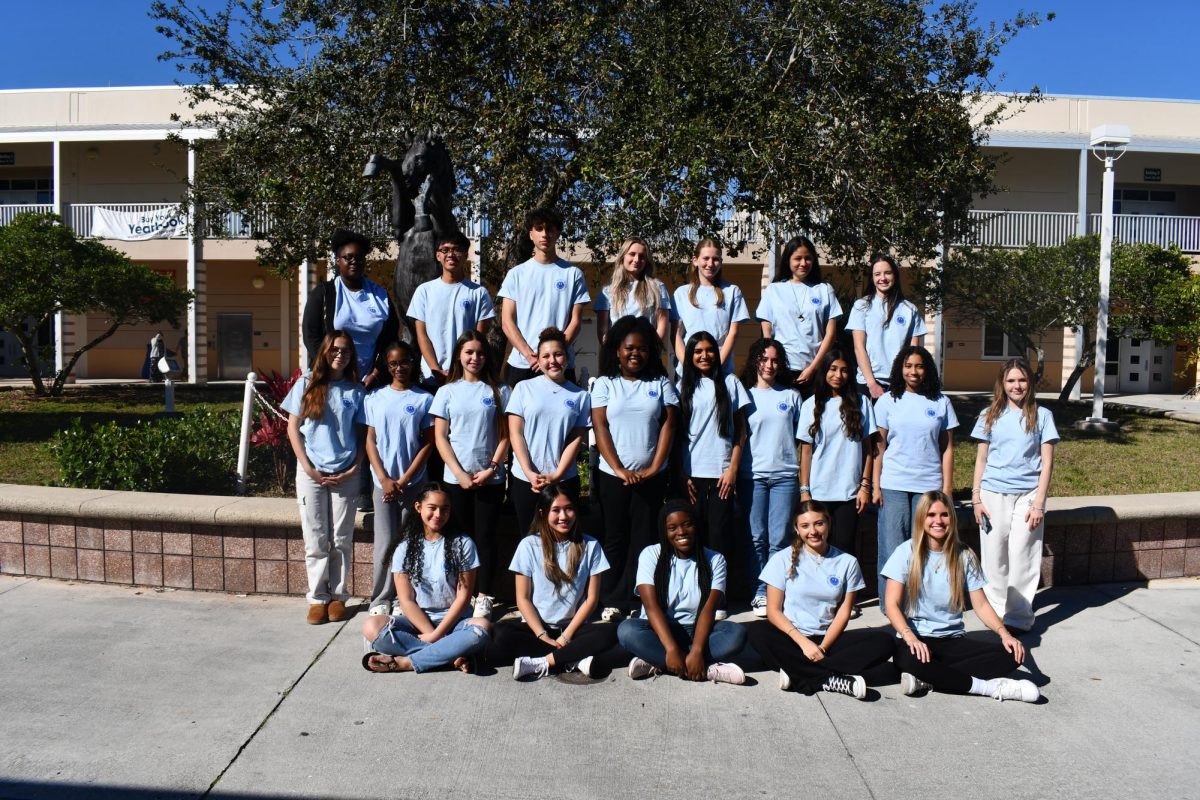As soap operas slowly get replaced with reality TV, social media crashes party
January 17, 2021
Lots of people love to keep up with the Kardashians or to check in on The Bachelor but reality television shows weren’t always a presence like they are now. It’s not a secret that the demographics for these shows, the female 18-49 year olds, are highly coveted and once belonged to a whole different genre: soap operas.
It’s been a long time since the first soap opera, These Are My Children, aired in 1949 in Chicago. Some of the longest running shows on television are soap operas, those daytime television staples that so many grew up on. Once extremely popular with housewives, as women found their way into the workforce, these shows have seen their ratings plummet and are not facing cancelation.
According to Nielsen ratings, soap operas are attracting an older, female audience but not gaining the coveted demographics of younger viewers. In order to ensure a show’s continuation, they must attract a younger audience. There are currently only four soap operas still airing: The Bold and The Beautiful, Days of Our Lives, General Hospital, and The Young and The Restless. Interestingly enough, General Hospital, which first aired in 1963, is in the Guinness World Records book for the longest running soap opera. So even though soaps can pull in impressive numbers (The Young and The Restless, which first aired in 1973, attracted over 3.699 million viewers in their 2019-2020 season), their longevity is dependent on the younger viewers.
“Pretty much the viewers left are those who are loyal to their respective soaps,” said Billie Gold, director of TV programming research at Carat. He also noted in an interview with Broadcast & Cable “that while soap opera viewership continues to diminish and the audience is aging up rather than attracting younger viewers, the remaining four soaps have been able to survive the major ratings fallout of the past ten years.”
It’s also worth noting that soap operas have also been a stepping stone for some of the biggest actors like Justin Hartley, Amber Tamblyn, Leonardo DiCaprio, Morgan Freeman, Michael B. Jordan, Kevin Bacon, Brad Pitt, Lauryn Hill, and Brittany Snow.
So what are the younger viewers watching? According to the ratings, they’re keeping it real.
“Reality television has essentially become a new version of soap operas,” remarked junior Maddox Fornataro. “However, reality shows are much more dramatized. Something people don’t like about reality tv is that, although a plethora of people think they’re live shows, most of the time they’re scripted and edited to seem more dramatic.”
One of the highest ranked reality shows is Keeping Up With The Kardashians. In their 2010 season, the Kardashians pulled in a whopping 4.8 million viewers in the highly prized group of females, 18-49 year olds. The reason this group is so valued is because they have the most spending power and influence over purchases. Despite the continued popularity of the family, however, they are working on their last season. It seems that the vehicle that made them popular is the same reason behind their demise: social media.
Kim Kardashian stunned fans back on September 8 when she announced via Instagram that this season would be their last after 14 years of being on E! network. Seasons are often shot a year before they air on television. Fans of the Kardashian clan, however, would often know the outcome of their antics before the season premier because the siblings all kept posting on social media. Divorces, pregnancies, and controversies played out on social media before the season even had a chance to air.
“[The Kardashians] relevance is not on TV; their relevance is on Snapchat and social media,” Eunice Shin, a partner at brand and business consultancy Prophet, said in an LA Times article. “They are absolute brand marketers, and that’s what they exist for. They don’t necessarily need television to do that.”
Generation Z is more focused on social media platforms such as TikTok, Instagram, and Snapchat instead of watching tv. However, with that being said, Gen Z and Millenials are more of the target audience for reality tv shows compared to the older generations.
“Everyone knows the Kardashians whether they like them or not,” said junior Kendra Howe.
Many people do not even know what soap operas are because they are not as widespread nor have any type of media coverage, unlike reality tv shows. Reality tv shows have social media on their side and use social media to broaden their audience to attract younger generations.
It seems as though the more reality tv shows gain views, the fewer views soap operas get. Soap operas have a demographic of women that are aged 18-49. The key demographic for reality tv are women aged 18-34. This means that more than half of the demographic for soaps probably prefer to watch reality tv shows as opposed to soap operas.
“I don’t really know much about soap operas but I can say that if reality tv shows didn’t have the same age range then soap operas would probably get a lot more views,” junior Sophia Ferreira explained.
It is obvious that soap operas are losing popularity because of similar demographics and are slowly losing momentum due to the rapid rise of reality tv.
People often debate about the pros and cons of both reality tv shows and soap operas, each having a decent amount of pros and cons alike. For example, soap operas come out with new episodes every weekday while reality shows tend to show social issues that are more appealing to the viewers.
“It seems that the people who watch reality television think they’re actually in the shows,” Fornataro mentioned. “I don’t like them and I don’t like reality tv. I don’t watch soap operas either but I feel like they’re a bit better.”
Ferreira did not feel the same.
“From what I have heard, soap operas have really cliche storylines and it’s a terrible, yet manageable, flaw,” she explained. “While reality tv is a bit unrealistic, there’s always a surprise or two, though I’ve also heard that they’re similar and some people like both. Whether they’re watching ‘The Bachelor’ or ‘General Hospital’, they’re still getting entertained and that’s the point of them, isn’t it?”
This brings up a valid point as to why reality television may be gaining popularity so quickly is that one can never guess what is going to happen in reality tv because it is a little more realistic and not as drastic or cliché as soap operas. But despite their differences, both genres still draw an audience.
“I don’t know which one is more dramatic but from what I’ve heard they both are extremely extra,” commented Kendra Howe. “Soap operas and reality tv shows both have some twists and turns and while I don’t personally watch them, someone does [watch these shows] and I respect that.”
These major differences are the prime factors to the ratings and viewings from both types of shows. Different people watch different shows because entertainment is such a wide spectrum with competition left and right. Whether people are watching soap operas or reality tv shows, they are still getting views and are therefore still making money.




Zenobia • Oct 12, 2023 at 2:13 pm
I think everything comes to a end at some point. I been watching Soaps as long as they been around, However Soaps repeat the same storylines over and over. I’m tired if the reality shows as well. I think Soaps and Reality shows need to go. How about bringing something new to the table like, more Broadway musicals. more Daytime movies etc.